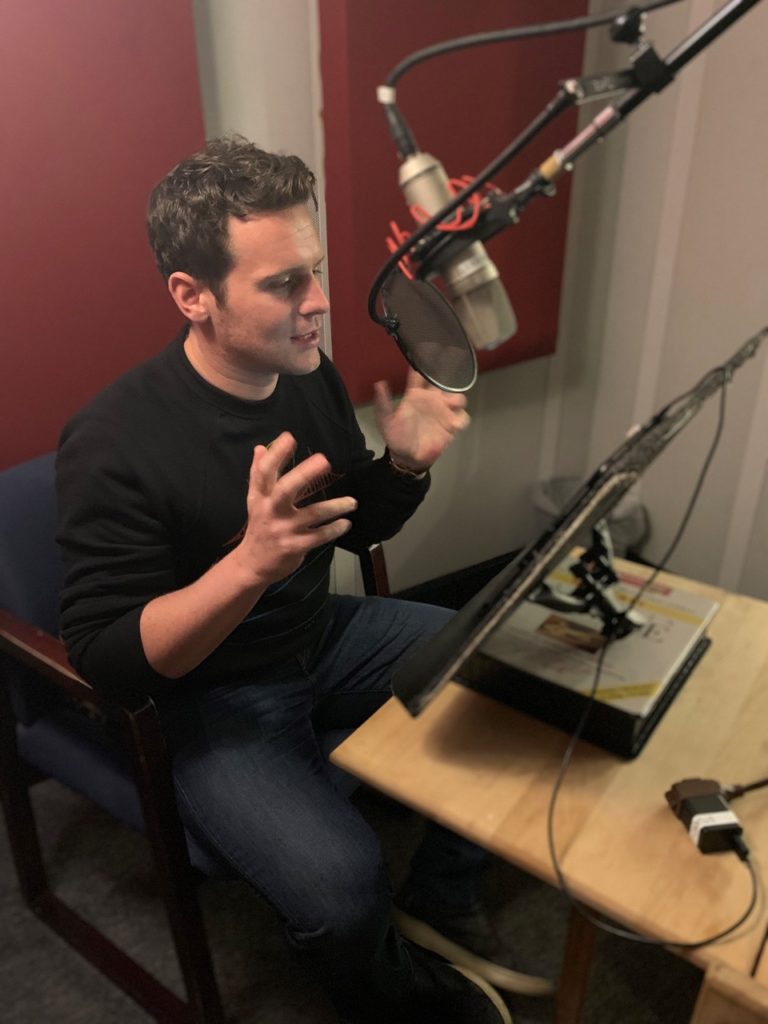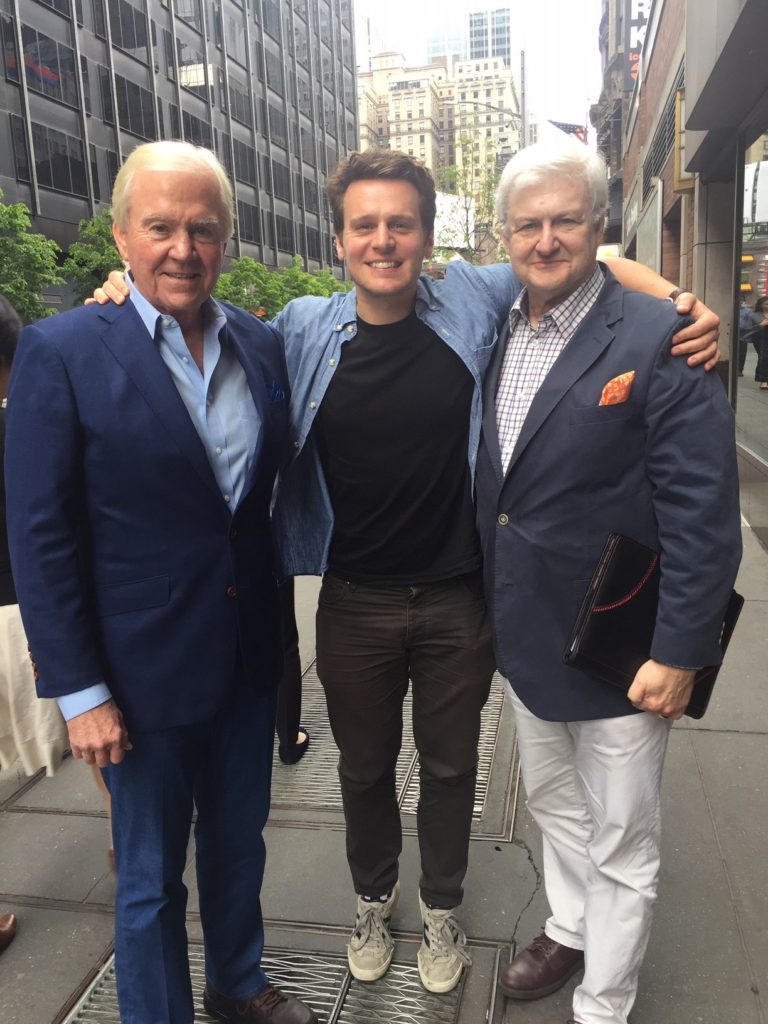There has been a fair amount of discussion lately, from the Supreme Court on down, about the necessity and appropriateness in this day and age of preferential admissions treatment for various minorities at highly selective universities. And while those discussions are a necessary part of the social and legal conversation, I happen to think they miss a major point.
Because no one is talking about what I call the “Ivy League Racket.”
Some years ago, John Douglas and I participated at a presentation on criminal justice at the University of Pennsylvania in Philadelphia. I spoke first, and said something to the effect of, “It is gratifying to be asked to speak at a university that turned me down for college, and would have turned John down had he applied.”
I’m actually ahead of John. I applied to and was rejected by two Ivies – Penn and Yale – while John only applied to and was rejected by one – Cornell.
And here’s my point: It is now extremely difficult to get into the top colleges and universities, even more so than when baby boomers John and I applied. You have to be practically a superman or woman to be accepted.
Which begs the question, So what are these institutions actually accomplishing?
If you take only the top high school students from around the world, and four years later, turn out the top college students, what’s the big deal? Any fool can do that. It’s the educational equivalent of what we in criminal investigative analysis refer to as “confirmation bias,” by which you’ve already made up your mind about the outcome and are just collecting “evidence” to prove it.
If, on the other hand, you accepted the worst high school students, or even ordinary ones, and four years later turned out the top college students, then you’d really be doing something. Remember the Eddie Murphy-Dan Aykroyd movie, Trading Places, in which two high finance bizillionaires experimented to see whether situation and contacts could make their nephew and a street hustler into each other? But that is something these institutions will never attempt, because they know they would fail and it would expose the Ivy League Racket once and for all. Like so many others we have written about, they would be afraid of evidence.
So what the Ivies and the others of their ilk actually are, I think, are fancy “finishing schools.” It isn’t that their education is so much better, it’s that they select the best and let them associate with each other for four years, then go out into the world to make contact with fellow alumni and continue to rule.
Wow. How do they do it?
So instead of the top schools fretting about whether they have to admit a super-accomplished minority candidate over a super-super-accomplished white male, how about taking some folks like us and seeing what you can do with them?
Not that we’re bitter or anything.




























There may be three issues there:
1. All students, whatever their level of accomplishment, deserve an education that gives them the chance to do the best they can do. This does not mean all students have to go to the same institution for that. You may have all sorts of University flavours. Some of them will really take the top applicants and may be able to provide them with the excitment and benefits of studying with equally bright people and having a curriculum tailored to their speed and educational needs. Some may take lower achieving students and also give them the best they can. It is even plausible that some Universities may want to select on something else than achievement – say, motivation, or precisely a mix of everything, and may plan to find ways of using this mix to enrich everybody’s experience. Among these Universities, none is really “better” or “worse”, but as a student one may be a better fit for you than the other, and it is fine.
2. The way Universities select students and the consequences of choosing one University over another are both totally clear to all and achievable through personal effort (i.e. regardless of wealth, skin color, gender). Here I think we miss a few things – both in terms of clarity and of neutrality toward wealth, skin color or wealth, though the desired neutrality is not necessarily easy to achieve.
3. University entrance is importance, but life is more than just that, and I am a staunch believer in second chances… so though it is fair that employers have a look at your University and University record when hiring you, it is also important that there be space for you to prove your worth, even despite a potentially not-so-great academic career (whether in terms of “brand name” or grades).
I_The_Stranger
Trial lawyer Gerry Spence used to say that he loved going up against graduates of Ivy League law schools, who were so intellectual and self-confident that they were above mixing it up in court. When he started to worry, he said, was when the opposing lawyer had gone to a state or city law school at night. Because that guy or woman was motivated, driven, and knew how to live by his or her wits.
The problem is more corrupt than you imagine, Mark. Through aspects of my own professional life I have encountered many children of privilege who go to some of the best private high schools in the world here in the US. These schools cost as much per year as an ivy league college. Three young men from one of these schools who I talked to recently were invited to go to Harvard and accepted. Nonetheless, Princeton gave them all-expenses-paid trips down to Pennsylvania to tour the Princeton campus in hopes that they may change their minds. Where I went to high school NOBODY got this kind of treatment.
When you consider that these kids come from the wealthiest families in the US, have the best possible educations and will be eligible for the best and highest paid jobs when they graduate from college, AND will inherit all of their parents’ wealth which those parents haven’t paid taxes on in two decades, a very uneven situation is developing in the USA.
Dear Ivy League Rejects,
They would have only ruined you. It would have been like making a kid with a natural talent for rock guitar take classical lessons. You are outside the box, the only place you could have bloomed so prolifically.
Thank you, Cornerstone. We’ve been trying to tell ourselves that for a long time, but it sounds much better coming from you!